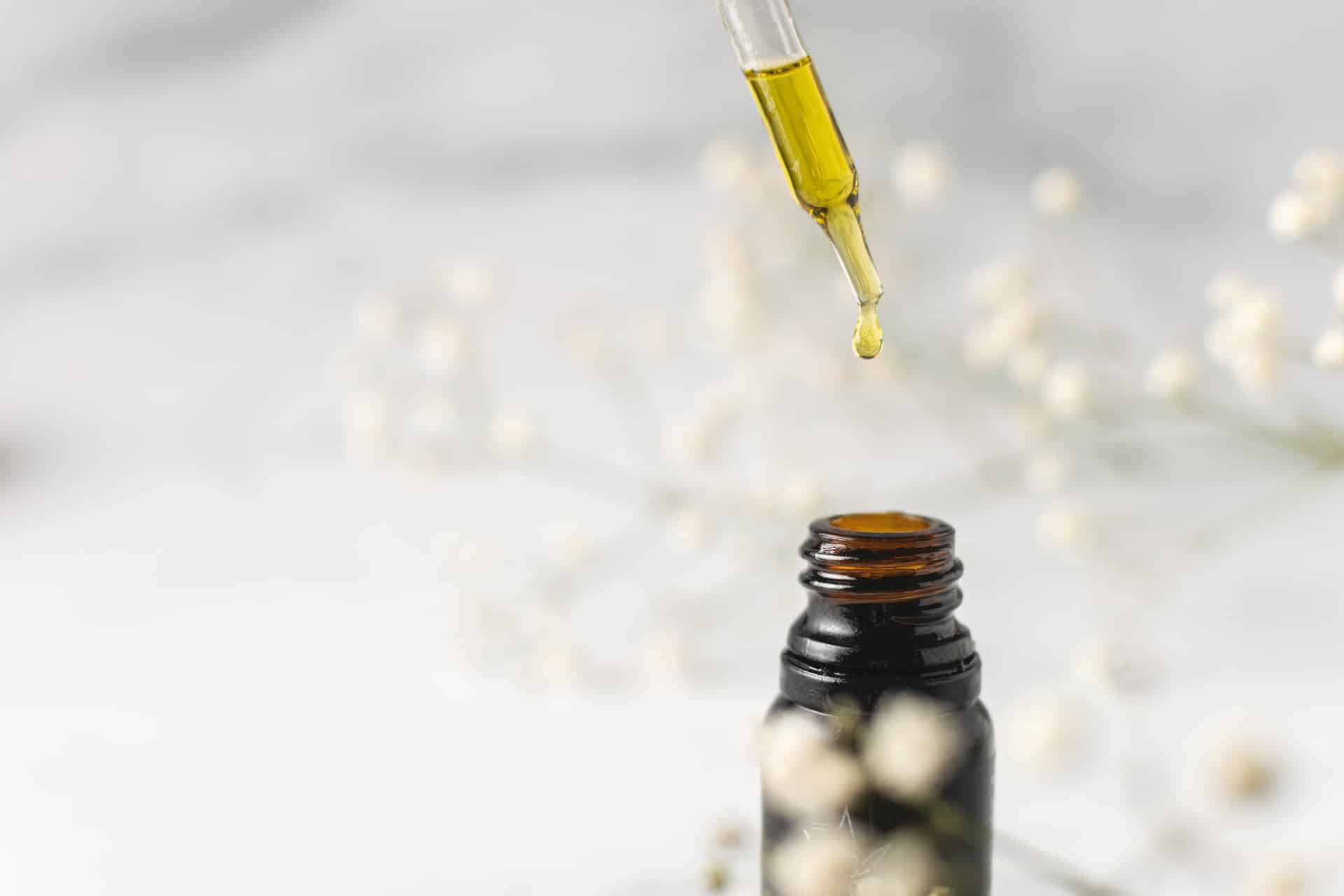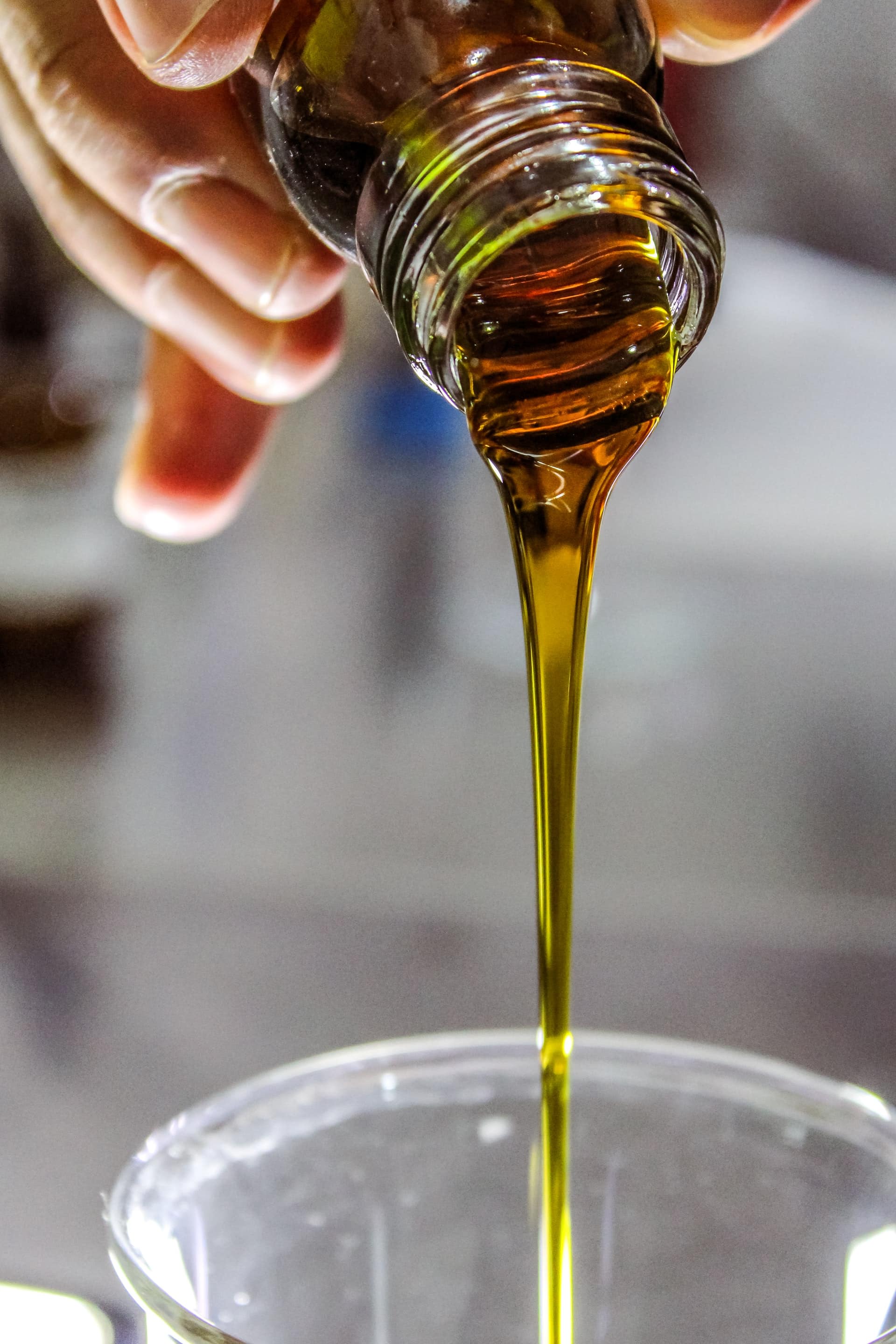Despite having access to billions of web pages, the majority free and widely-accessible, misinformation – about everything from breaking news to grooming products - is rampant. CBD oil in particular sees its fair share of questionable hot takes and completely inaccurate details, leaving people light on facts and unable to make properly informed decisions about what CBD products might be right (or even possibly wrong) for them.
Tired of feeling like you’re left in the dark on this topic? We’re here to help out, clear the air, and get you the info you need! Read along for everything you need to know before you buy.
IMAGE: UNSPLASH
What Is CBD Oil?
Let’s be real: when you think about the term “CBD oil,” your brain probably immediately thinks about marijuana. And to be fair, that association isn’t without merit, but it’s important to recognize that there’s a lot that separates and distinguishes CBD oil from the smokable plant it comes from. So, with that in mind, what exactly is CBD oil, anyway?
To sum it up succinctly, CBD oil is a liquid derived from cannabis through an extraction process – often solvent-based but sometimes mechanical – that has been found to have a range of benefits for health and mental wellness. Its chemical composition is mostly comprised of something called cannabidiol, one of marijuana’s primary active ingredients. However, unlike what you might expect due to its source, this stuff isn’t’ going to contribute to any mind-altering “high” or leave you in any way under the influence.
The reason for this is simple: THC levels in CBD oil are either very low or essentially non-existent depending on the type of CBD oil you purchase. This means you get many of cannabis’ perks and health-promoting qualities with next to none of the drawbacks you might experience by using medical marijuana. Even the World Health Organization have reported that they’ve found no evidence of CBD oil having dependence potential, so if you’re worried about becoming reliant on CBD or feeling at all impaired, you can safely let your concerns melt away!
Main Types Of CBD Oil
But like anything in life, CBD oil won’t affect everyone the same way or on the same level. Especially as a natural alternative or supportive aid, each person’s going to have to play around a little before they find the type, brand, amount, and usage frequency that works for them, their bodies, and their wellness goals. Speaking of type, though, just what is available?
Well, this naturally-derived medicinal oil can largely be broken down into two main categories: full-spectrum CBD oil and broad-spectrum CBD oil. In reality, these two separate classes of CBD share a lot in common. For starters, they both contain extra cannabinoids and terpenes, are gold in color thanks to all of those hemp-derived phytonutrients, and retain a natural-smelling hemp aroma. Despite all they share in common, though, these CBD oils still have a couple of distinctions to keep in mind.
Perhaps the biggest dividing characteristic is THC content. Although true that CBD oil in general contains very small amounts of this psychoactive compound, there is a difference in percentage. Full-spectrum CBD is the higher THC option, containing federally-legal levels of tetrahydrocannabinol of under .3%. Meanwhile, broad-spectrum CBD oil is the more buttoned-up sibling in the CBD family, clocking in at 0.0% with only the slightest traces found here and there.
But this separating factor actually feeds into another: the possible benefits one can get from these various CBD oils. Now, don’t get us wrong, full spec and broad spec both have great health perks such as:
- Reducing depression and anxiety
- Lowering seizure frequency
- Providing pain relief
- Aiding sleep
- Relieving the side effects associated with cancer treatment
- Possibly decreasing drug-seeking behaviors in people battling addiction
However, several recent studies have found that CBD works best when combined with other cannabis-related compounds – something referred to as the entourage effect. This means flavonoids, terpenes, and other cannabinoids but it also includes THC, suggesting that full-spectrum CBD oil – even with its slight THC content – is likely to be a touch more potent than its zero-THC counterpart.
On top of this, THC has also been found to help improve or bolster the pain-relieving and anti-inflammatory benefits of CBD, so individuals who are interested in taking it for those effects might be better off taking full-spectrum CBD oil than broad spectrum. Of course, everyone’s mileage will vary, though! It’s just one of the things to think about when buying CBD products.
But What About CBD Isolate Oil?
Okay, we’ve talked a lot about full spec and broad spec CBD oil, and for good reason. Those are two of the most common versions of CBD you’ll find on store shelves and at least one of them is likely to meet your needs. But that being said, there are other, if less common, types out there. One of the ones you should know about? Pure isolate CBD oil.
Also frequently simply called CBD isolate oil, this is amongst the purest form of CBD you can find. Unlike its broad spectrum and full spectrum siblings, pure isolate CBD oil doesn’t have any additional hemp compounds – no terpenes, lesser cannabinoids, or otherwise. This is achieved by using a slew of different processing methods and results in a product that is high in purity, all without even a hint of THC to be found.
Because it’s just two simple ingredients, cannabidiol and MCT oil for preservation, CBD isolate oil is for a bit of a different crowd than more well-known CBD products. It might not be quite as effective for inflammation or pain relief, although can often be more potent for other health support or individuals whose bodies don’t react all that great to some of the active compounds found in full-spectrum and broad-spectrum CBD oils.


COMMENTS